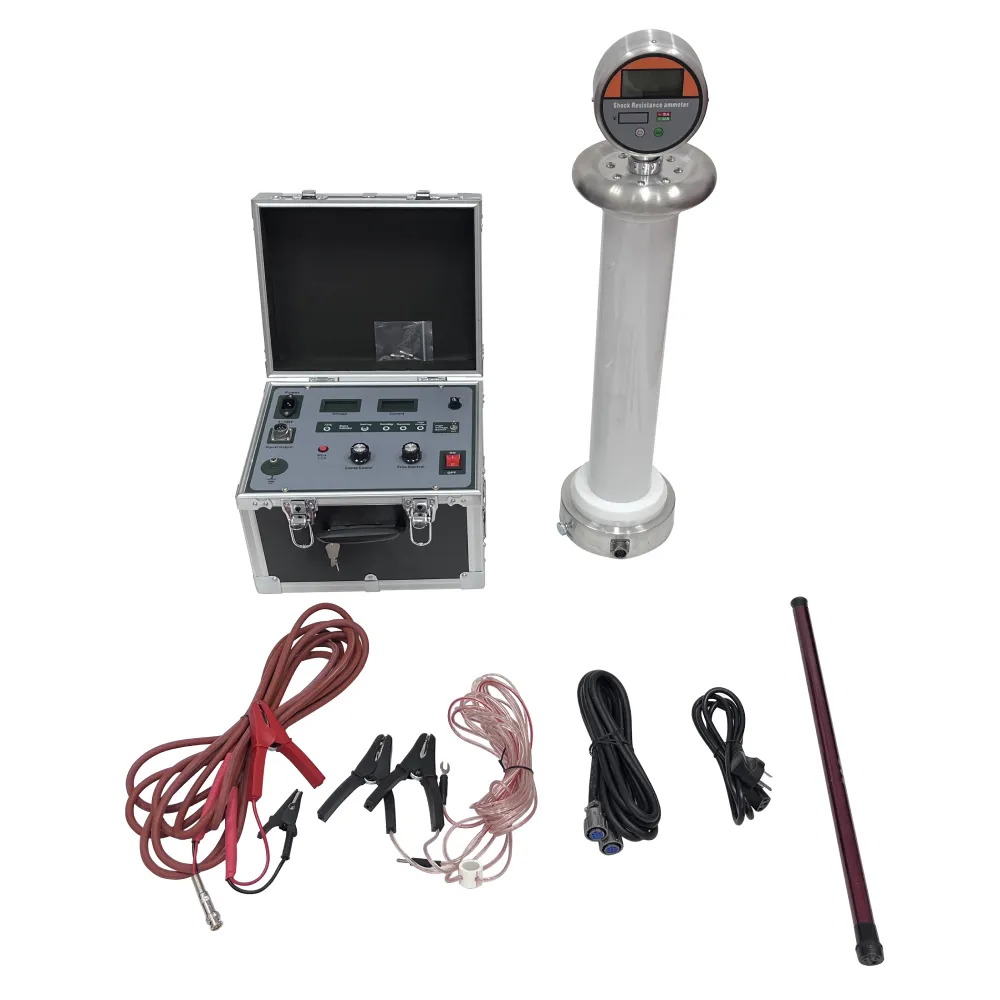 English
English



-
 Afrikaans
Afrikaans -
 Albanian
Albanian -
 Amharic
Amharic -
 Arabic
Arabic -
 Armenian
Armenian -
 Azerbaijani
Azerbaijani -
 Basque
Basque -
 Belarusian
Belarusian -
 Bengali
Bengali -
 Bosnian
Bosnian -
 Bulgarian
Bulgarian -
 Catalan
Catalan -
 Cebuano
Cebuano -
 China
China -
 China (Taiwan)
China (Taiwan) -
 Corsican
Corsican -
 Croatian
Croatian -
 Czech
Czech -
 Danish
Danish -
 Dutch
Dutch -
 English
English -
 Esperanto
Esperanto -
 Estonian
Estonian -
 Finnish
Finnish -
 French
French -
 Frisian
Frisian -
 Galician
Galician -
 Georgian
Georgian -
 German
German -
 Greek
Greek -
 Gujarati
Gujarati -
 Haitian Creole
Haitian Creole -
 hausa
hausa -
 hawaiian
hawaiian -
 Hebrew
Hebrew -
 Hindi
Hindi -
 Miao
Miao -
 Hungarian
Hungarian -
 Icelandic
Icelandic -
 igbo
igbo -
 Indonesian
Indonesian -
 irish
irish -
 Italian
Italian -
 Japanese
Japanese -
 Javanese
Javanese -
 Kannada
Kannada -
 kazakh
kazakh -
 Khmer
Khmer -
 Rwandese
Rwandese -
 Korean
Korean -
 Kurdish
Kurdish -
 Kyrgyz
Kyrgyz -
 Lao
Lao -
 Latin
Latin -
 Latvian
Latvian -
 Lithuanian
Lithuanian -
 Luxembourgish
Luxembourgish -
 Macedonian
Macedonian -
 Malgashi
Malgashi -
 Malay
Malay -
 Malayalam
Malayalam -
 Maltese
Maltese -
 Maori
Maori -
 Marathi
Marathi -
 Mongolian
Mongolian -
 Myanmar
Myanmar -
 Nepali
Nepali -
 Norwegian
Norwegian -
 Norwegian
Norwegian -
 Occitan
Occitan -
 Pashto
Pashto -
 Persian
Persian -
 Polish
Polish -
 Portuguese
Portuguese -
 Punjabi
Punjabi -
 Romanian
Romanian -
 Russian
Russian -
 Samoan
Samoan -
 Scottish Gaelic
Scottish Gaelic -
 Serbian
Serbian -
 Sesotho
Sesotho -
 Shona
Shona -
 Sindhi
Sindhi -
 Sinhala
Sinhala -
 Slovak
Slovak -
 Slovenian
Slovenian -
 Somali
Somali -
 Spanish
Spanish -
 Sundanese
Sundanese -
 Swahili
Swahili -
 Swedish
Swedish -
 Tagalog
Tagalog -
 Tajik
Tajik -
 Tamil
Tamil -
 Tatar
Tatar -
 Telugu
Telugu -
 Thai
Thai -
 Turkish
Turkish -
 Turkmen
Turkmen -
 Ukrainian
Ukrainian -
 Urdu
Urdu -
 Uighur
Uighur -
 Uzbek
Uzbek -
 Vietnamese
Vietnamese -
 Welsh
Welsh -
 Bantu
Bantu -
 Yiddish
Yiddish -
 Yoruba
Yoruba -
 Zulu
Zulu
Transformer Oil Testing Equipment for Performance and Quality Assessment
The Importance of Transformer Oil Testing Ensuring Reliability and Longevity
Transformer oil testing plays a crucial role in the maintenance and operation of electrical transformers, which are essential components in power distribution systems. This specialized oil serves several vital functions, including insulation, cooling, and arc suppression within transformers. However, over time, the oil can degrade due to various factors such as temperature fluctuations, exposure to moisture, and electrical stress. Hence, regular testing of transformer oil is imperative to ensure the reliability, efficiency, and longevity of transformers.
The Importance of Transformer Oil Testing Ensuring Reliability and Longevity
Dielectric strength is one of the critical properties assessed during oil testing. It measures the oil's ability to resist electrical breakdown. A decrease in dielectric strength indicates contamination or degradation of the oil, which can result from the presence of water, particulates, or chemical degradation products. Regular testing helps ensure that the dielectric strength remains within acceptable limits, safeguarding against potential electrical failures.
transformer oil tester

Another vital aspect of transformer oil testing is the analysis of dissolved gases. The presence of specific gases, such as hydrogen, methane, and ethylene, can serve as indicators of transformer health. For instance, an increase in hydrogen levels may suggest overheating or arcing within the transformer, while the presence of ethylene could indicate thermal decomposition. By conducting dissolved gas analysis (DGA), technicians can implement timely maintenance actions to address underlying issues before they lead to catastrophic failures.
Moreover, the acidity of transformer oil is a significant factor in determining its suitability for continued use. Over time, the oxidation of the oil generates acidic byproducts that can corrode internal components of the transformer. High acidity levels can indicate that the oil is reaching the end of its useful life, prompting the necessity for oil replacement and maintenance.
In addition to ensuring safety and reliability, transformer oil testing can enhance the overall efficiency of the electrical distribution system. By identifying issues early, utilities can schedule maintenance during non-peak times, minimizing service interruptions and reducing operational costs. Furthermore, maintaining optimal oil conditions can improve thermal conductivity, allowing transformers to operate more efficiently and reducing energy losses.
In conclusion, transformer oil testing is a fundamental aspect of transformer maintenance that cannot be overlooked. Regular testing ensures that critical parameters such as dielectric strength, moisture content, acidity, and dissolved gases are monitored closely. By detecting potential issues early, utilities can take proactive measures to maintain transformer health, ensuring uninterrupted service and extending the lifespan of these crucial electrical components. As the demand for reliable power continues to grow, investing in transformer oil testing will yield significant long-term benefits, both economically and operationally. Ultimately, a well-maintained transformer system is the backbone of efficient and sustainable energy delivery.
-
Testing Equipment Industry Sees Major Advancements in 2025: Smart & Precision Technologies Lead the WayNewsJun.06,2025
-
Applications of Direct Current Generators in Renewable Energy SystemsNewsJun.05,2025
-
Hipot Tester Calibration and Accuracy GuidelinesNewsJun.05,2025
-
Digital Circuit Breaker Analyzer Features and BenefitsNewsJun.05,2025
-
Benefits of Real-Time Power Quality Monitoring Devices for Industrial EfficiencyNewsJun.05,2025
-
Earth Fault Loop Testing in High-Rise Building Electrical SystemsNewsJun.05,2025



